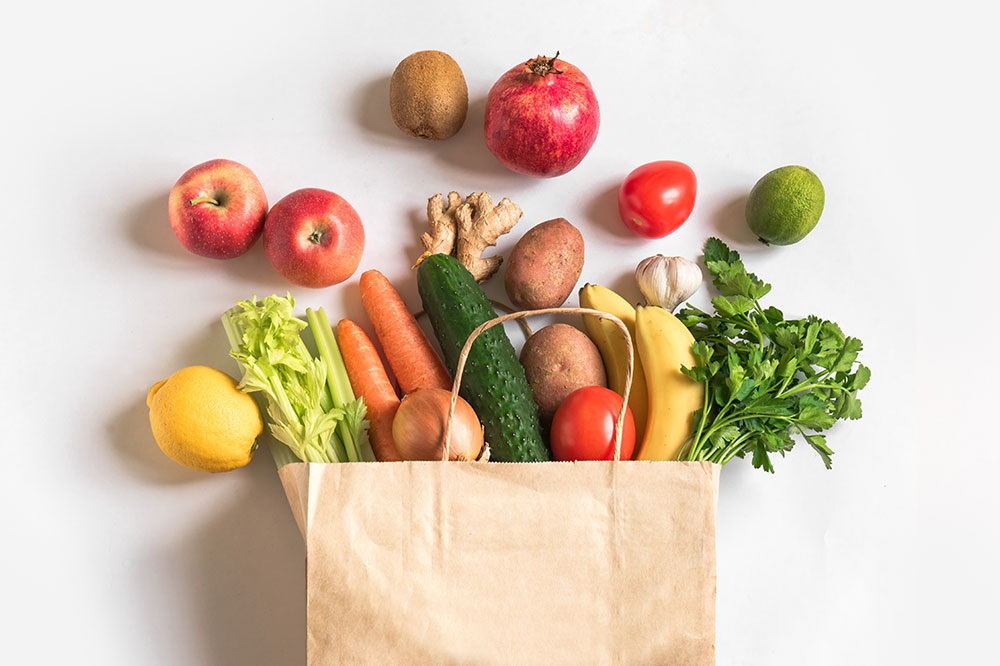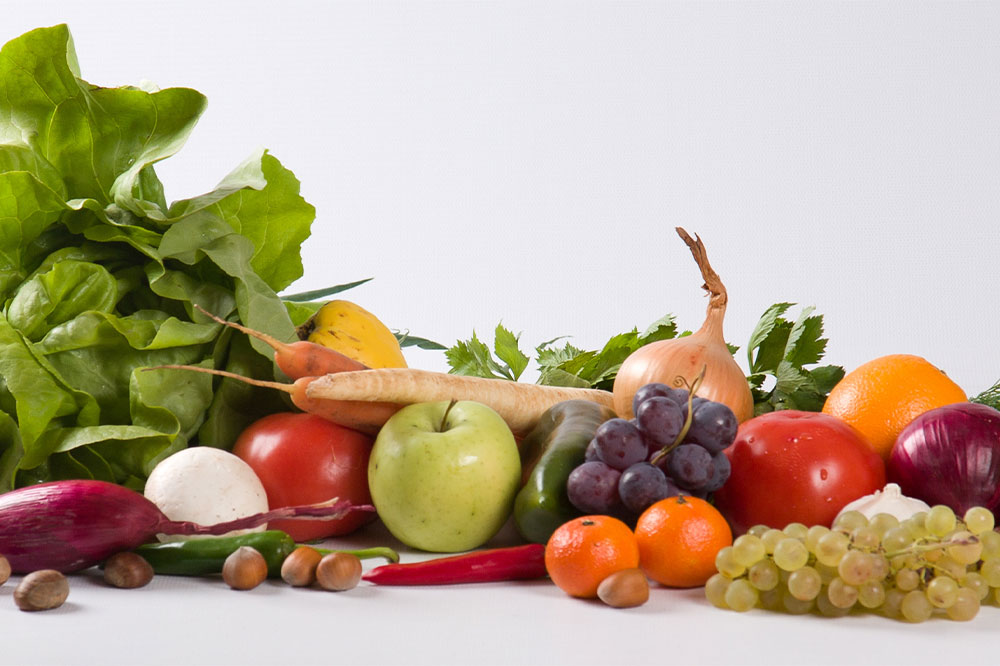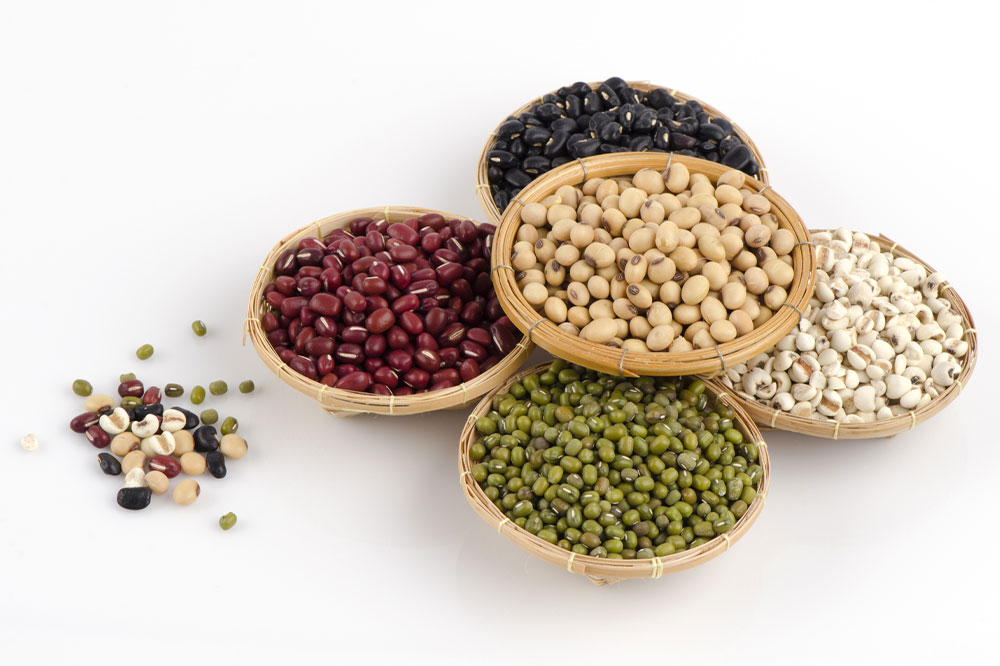Top Nutritional Strategies for Stronger Bones
This article highlights essential dietary strategies to enhance bone health, emphasizing nutrient-rich foods like dairy, leafy greens, oily fish, and plant-based options. It covers the importance of minerals and vitamins such as calcium, vitamin D, magnesium, phosphorus, K, and C for maintaining strong, healthy bones throughout aging. Practical advice is provided for both omnivores and vegans to support long-term skeletal integrity, along with medical options for osteoporosis management.
Sponsored

Calcium-rich Foods
Calcium is essential for building and maintaining strong bones. It aids in replacing old bone cells and supports new growth. Adults should aim for 1000–1200 mg of calcium daily, obtained from sources like dairy products—milk, cheese, yogurt—and fortified plant-based milk options such as almond, soy, or rice milk. Green leafy vegetables like kale, collard greens, mustard greens, turnip greens, and bok choy are also excellent. Additionally, fortified orange juice, edamame, tofu, and canned fish like sardines and salmon provide rich calcium sources.
Vitamin D Sources
Vitamin D deficiency weakens bones, increasing fracture risk and causing deformities. Sun exposure is a natural way to obtain vitamin D, but dietary sources are also vital. Foods such as egg yolks, oily fish—including salmon, mackerel, sardines—and fortified foods like cereals, bread, and fruit juices help maintain adequate levels. Sufficient vitamin D improves calcium absorption and supports overall bone health.
Minerals Supporting Bone Strength
Phosphorous and magnesium are essential for long-term bone integrity. Foods high in phosphorous include dairy products, beans, lentils, seafood, and shellfish. Magnesium can be found in spinach, bananas, chickpeas, avocados, nuts, and seeds. Ensuring adequate intake of these minerals promotes strong, healthy bones over time.
Vitamins K and C for Bone Mineralization
Vitamin K directs calcium to bones and supports blood clotting, while vitamin C aids collagen formation, a protein vital for bone structure. Rich sources include leafy greens, broccoli, asparagus, pumpkin, kiwi, peppers, and beetroot. Consuming these nutrients enhances bone mineralization and overall skeletal health.
Plant-Based Foods for Bone Health
Vegans can focus on fortified plant milks—soy, rice, oats—and soils. Legumes, dried fruits like prunes, figs, apricots, and raisins, as well as sesame seeds and tahini, are good calcium sources. Incorporating these foods into daily meals helps maintain strong bones without animal products.
For those with osteoporosis, consulting healthcare providers about medications like Romosozumab can further reduce fracture risk, especially when combined with a nutrient-rich diet.






